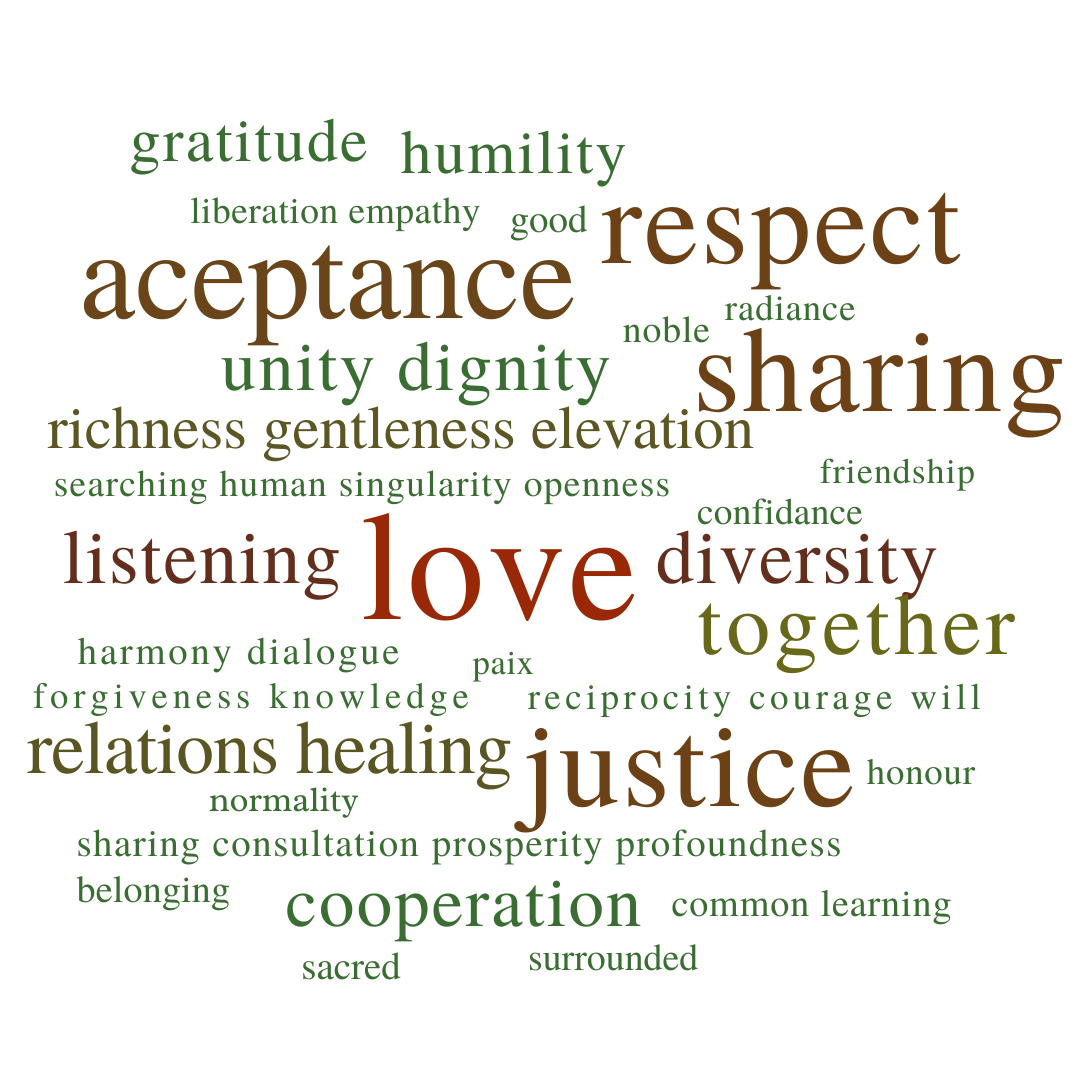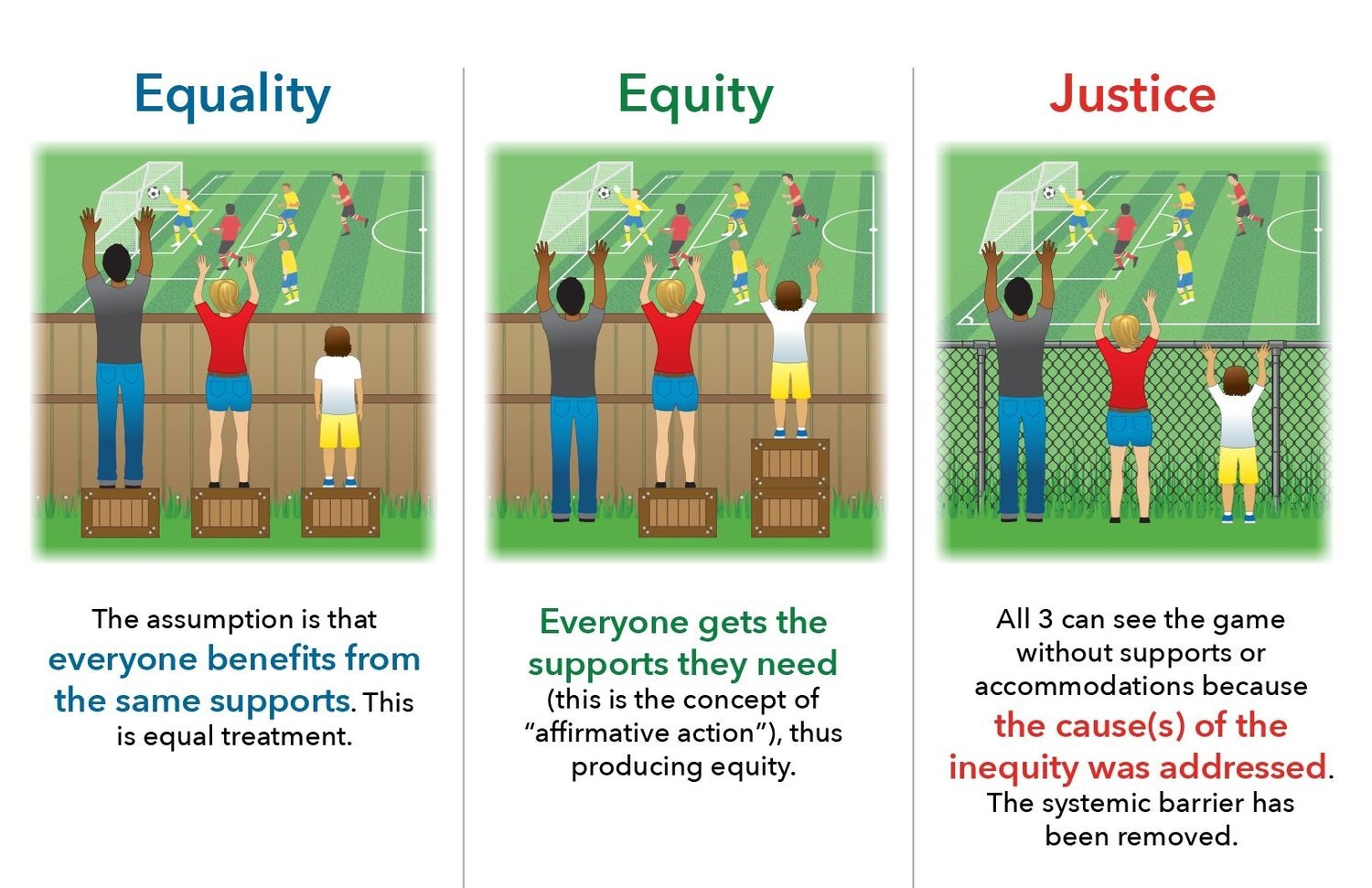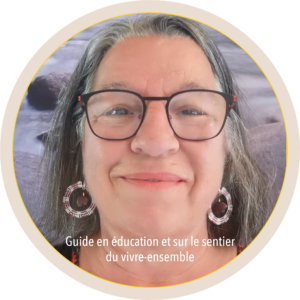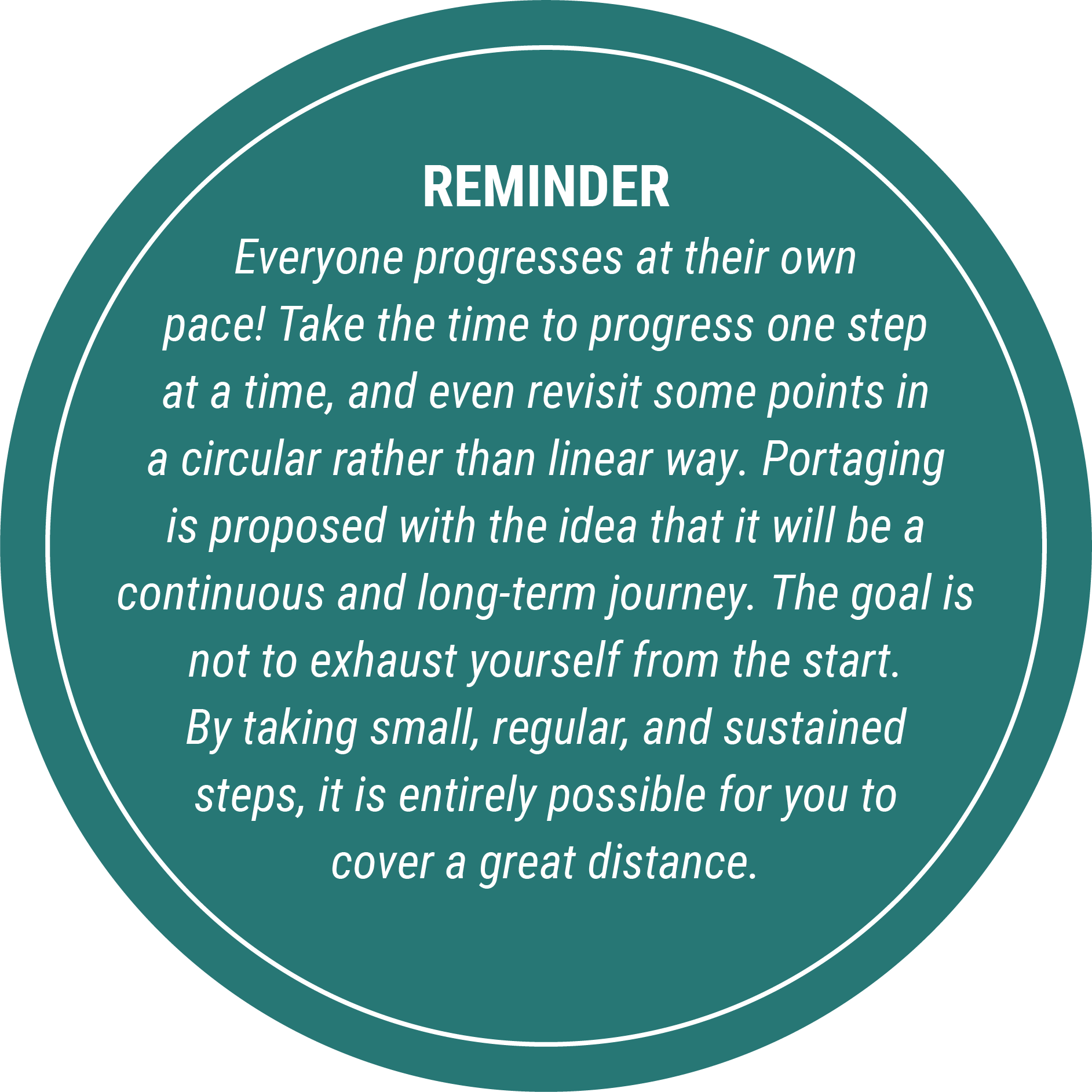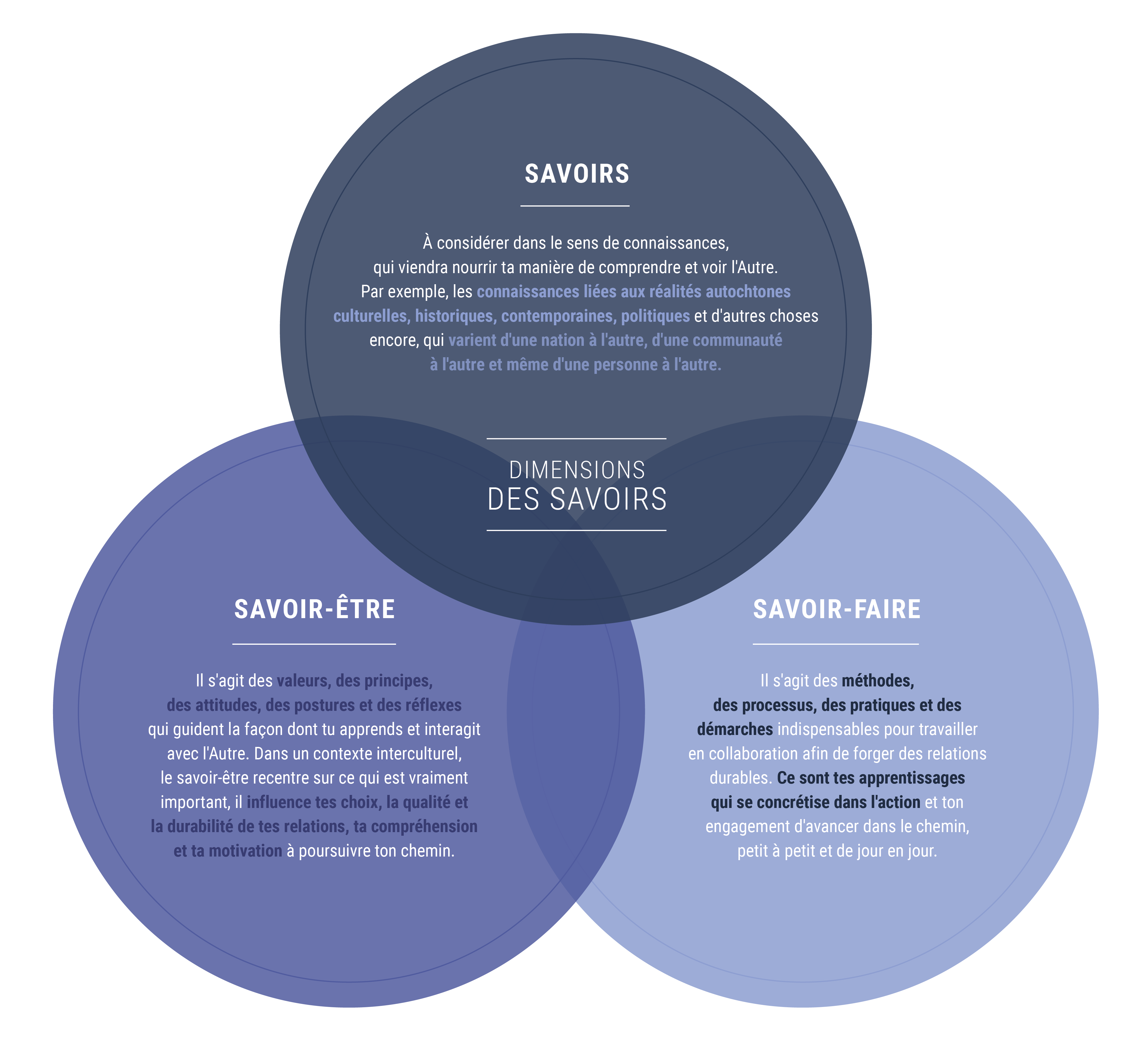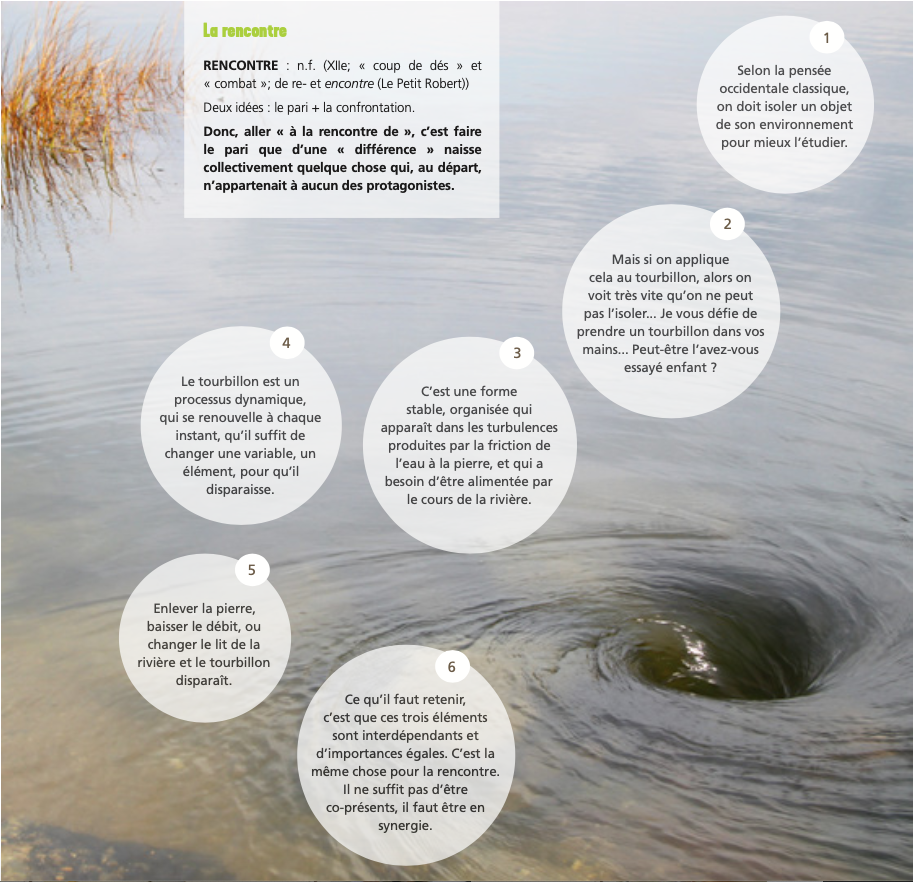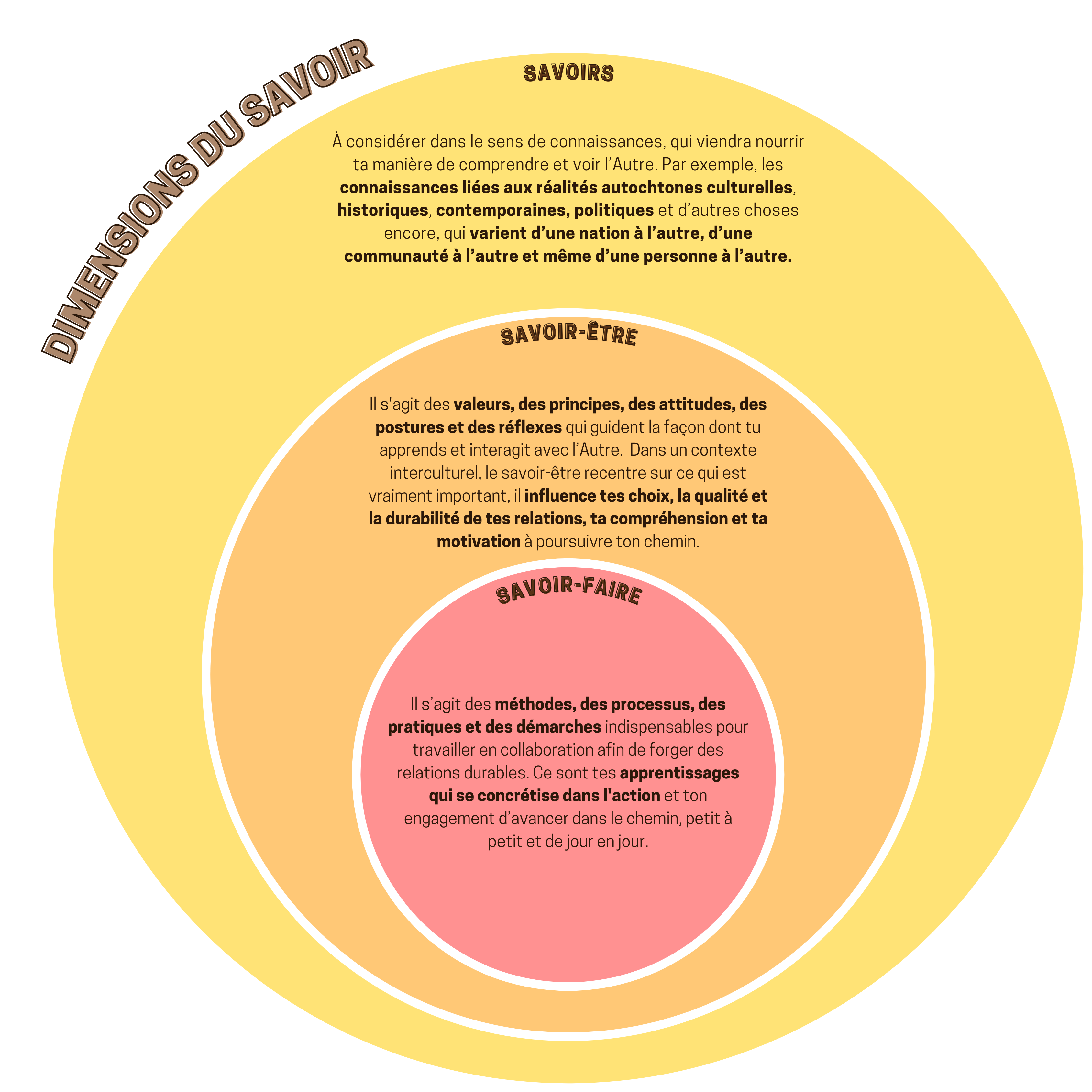
“Together, we made it!”
A word from Michèle Martin: harmonizing relationships requires adopting a truly Indigenous perspective
"The excellence sought in harmonizing relations with Indigenous Peoples can only truly be achieved through adherence to an Indigenous perspective. From this perspective, which includes knowledge, know-how, and interpersonal skills, three inevitable paths stand out: knowledge and understanding of the historical context, interest in Indigenous cultures, and recognition of the self-determination of Indigenous Peoples.
Initially, when non-Indigenous people want to establish a relevant and respectful contact, they have the responsibility to inform themselves about the historical elements affecting Indigenous people and their ongoing impacts today. Contemporary reality carries this history of colonization and determines the relationship and dialogue between Indigenous and non-Indigenous people. Furthermore, it is not just about rationally understanding the past and its consequences, but about placing oneself empathetically, like an individual who truly wants to forge new paths. It is about developing a new way of communication together to harmonize relationships and work mutually without a power imbalance.

Then, showing interest and pleasure in learning and sharing Indigenous cultures is an essential step that leads to intercultural dialogue. This openness to diversity and cultural richness demonstrates the importance of a citizenship and a "living together" that is rich and inspiring for everyone. Thus, being able to recognize this cultural richness and share it collectively in an equal manner illustrates the strength of inclusion and diversity that brings mutual enrichment to societies. Therefore, it is essential to display this openness to lead to harmonious exchanges.
Finally, it is crucial to officially recognize the importance of the self-determination of Indigenous peoples when aspiring to work together to carry out common projects. The need to become aware of the impact of colonialism, the relationship of domination, and the lack of recognition experienced by Indigenous Peoples throughout Canada's history demonstrates solidarity. Consequently, Indigenous people claiming a fair, equitable, and non-discriminatory place is an element to be respected in relationships. Gone is the infantilization and the "taking care" as a line of thought and action from non-Indigenous people towards Indigenous people. In fact, what must absolutely determine any harmonious and equitable relationship is to accept this process of self-determination of Indigenous Peoples, being aware that the response may not correspond to the expected objectives. The priority of Indigenous people being self-determination, this will justify projects that respond to their realities and needs. Thus, building together will undoubtedly yield positive results, as the objective is mutual and fits into a meaningful Indigenous perspective.
Ultimately, by understanding the historical context, valuing cultural richness, and recognizing the self-determination of Indigenous Peoples, we bear witness to a true Indigenous perspective. Thus, by adopting this more respectful approach to considering the Indigenous world, it is possible to envision harmonizing relations between non-Indigenous and Indigenous people for all forms of envisaged undertakings."
(The views expressed are those of the person expressing them.)
This word cloud presents responses from about twenty Indigenous and non-Indigenous friends and collaborators to this question…
"We often talk about truth and reconciliation for our shared territory and work hard to build a better world. But do we really take the time to imagine this world when this great goal is fully developed?
I invite you, if you feel called to, to share 3 words that you think would describe our world when we reach this great goal, the ultimate goal of harmonious relations between non-Indigenous and Indigenous people."


